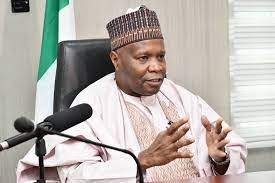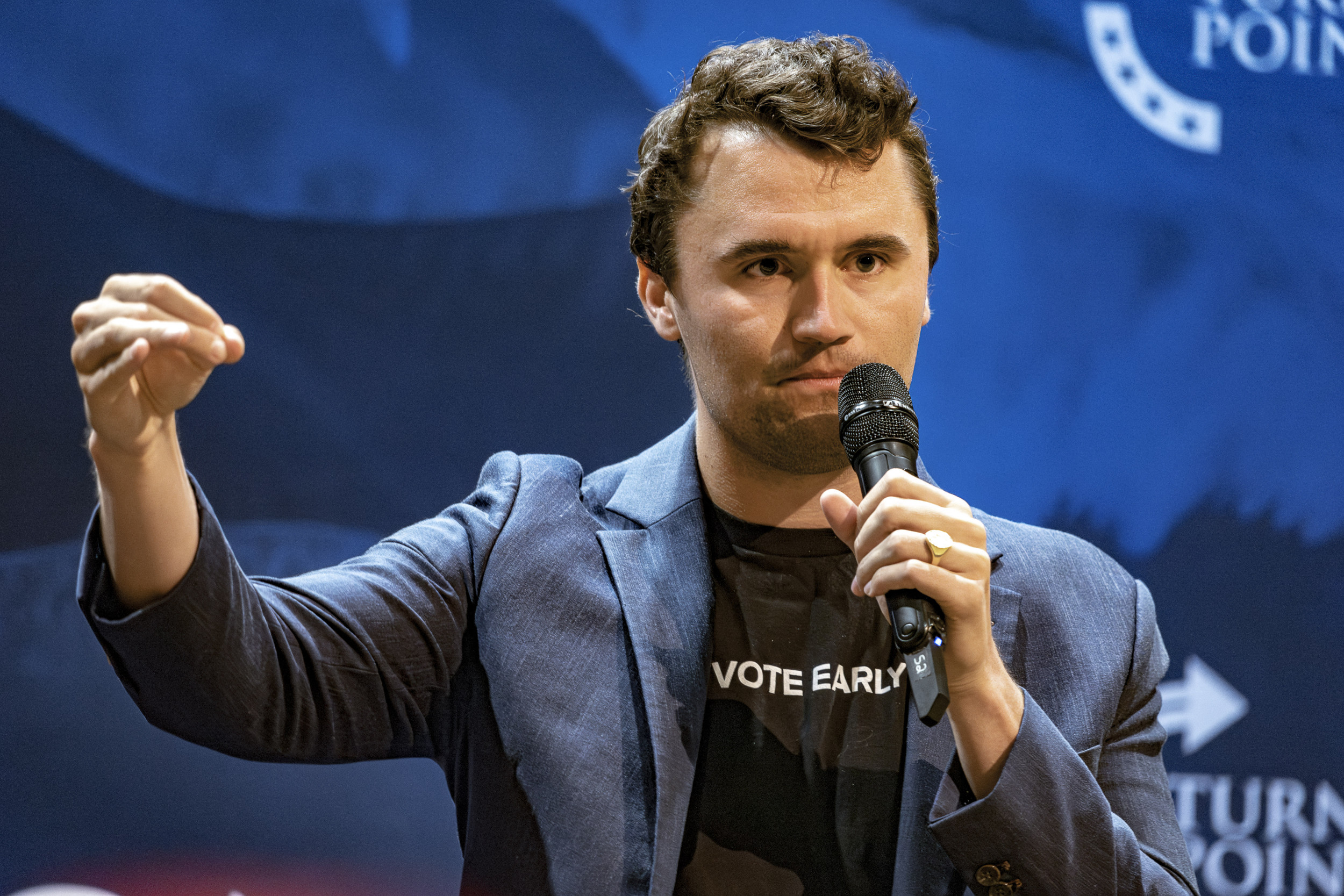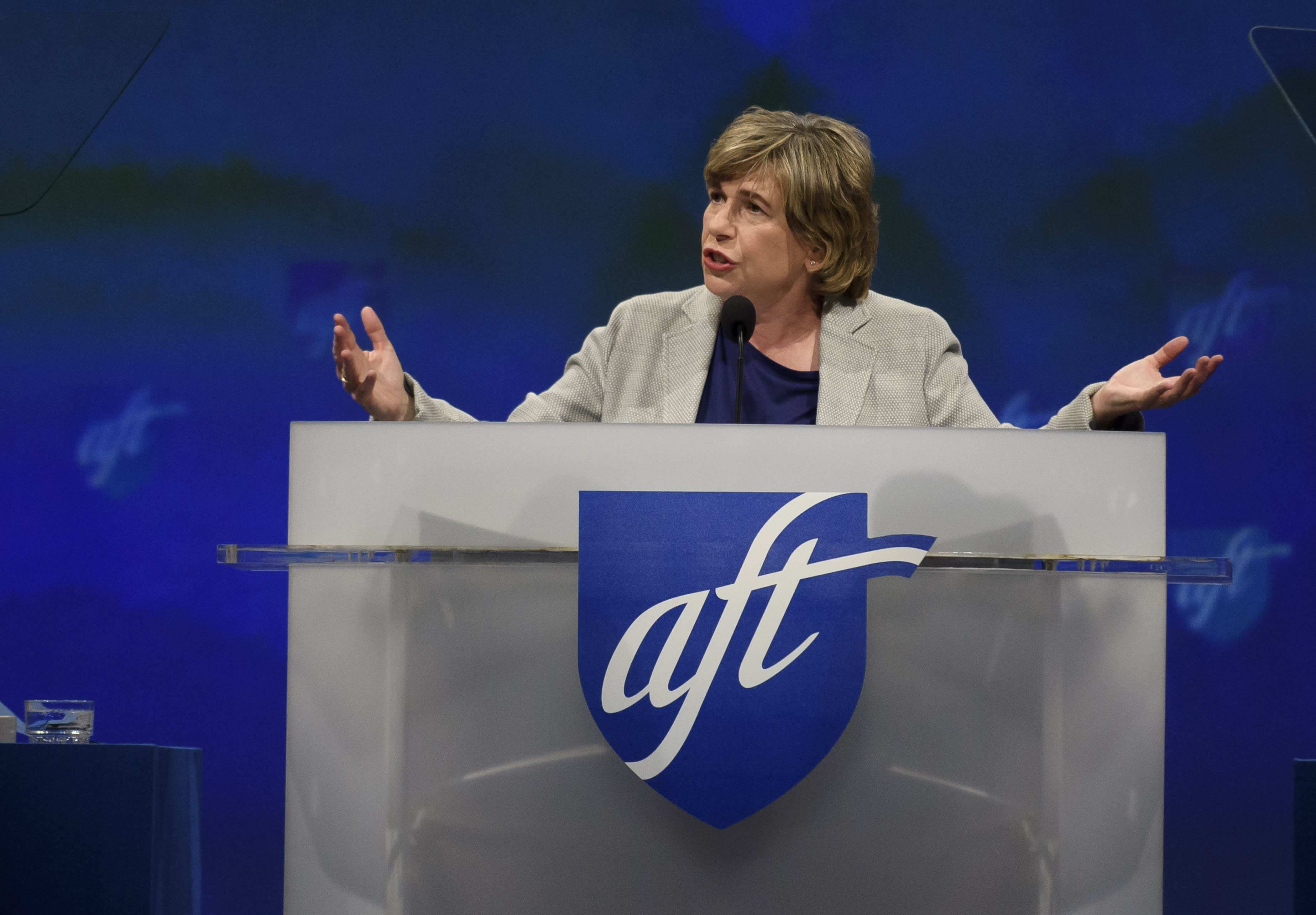By Kayode Ajiboye
Copyright independent

The West Africa Crisis Writers Network (WACWN) has crowned the North East Development Commission (NEDC) as Nigeria’s gold standard for transparency and governance excellence.
In a statement signed by Messr Agba James, the group said that the recognition marks eight transformative years since the NEDC’s inception, from a region once shrouded in despair to a model of hope and progress under the stewardship of President Bola Ahmed Tinubu and Managing Director Mohammed Goni Alkali.
According to James, the NEDC stands out as Nigeria’s most transparent agency due to its rigorous commitment to open governance and accountability.
Under Goni Alkali’s leadership, the statement noted that the NEDC has implemented a robust framework that includes regular public reporting of financial expenditures, project timelines, and outcomes, ensuring that every naira spent is traceable and every initiative is measurable.
Furthermore, James said the NEDC’s track record is reinforced by its collaborative approach, partnering with state governments, federal agencies, and international bodies while inviting independent audits to validate its operations.
“Eight years ago, the Northeast presented a harrowing sight. Villages stood abandoned like ghostly relics, schools gaped with shattered windows and sagging doors, and hospitals fell silent where life once pulsed,” James said.
“The stark reality of over 1.5 million children denied education painted a picture of a region, once home to ancient empires, reduced to scattered communities and fading dreams.
“Yet, the resilient spirit of the Nigerian people ignited a turnaround that has captured global attention. Since its founding, the NEDC has evolved from an emergency response into a powerhouse of renewal, guided by the North-East Stabilisation and Development Master Plan (NESDMP) 2020-2030.
“This robust 10-year strategy, featuring 529 meticulously crafted projects across 11 pillars, has delivered over 700 completed initiatives across the six states.”
The statement added that under Alkali’s astute leadership, the Commission has woven together humanitarian aid, long-term development, and peacebuilding into a cohesive vision that is reshaping the region.
“The education sector stands as a shining example of this transformation. Confronted with the crisis of 1.5 million out-of-school children, the NEDC launched an ambitious reconstruction program, building 18 mega schools per senatorial district,” James stated.
“Ari Kime Primary School in Potiskum, now Nigeria’s largest, serves over 20,000 children with 12 new classroom blocks, staff quarters, toilets, a clinic, and solar streetlights—turning a symbol of neglect into a hub of opportunity.
“At Yobe State University, a 250-seat lecture theatre and upgraded computer centers elevate learning, while Taraba State University’s Institute of Entrepreneurship Skills Acquisition, Innovation, Research, and Digitalisation equips youth for the future.
“With specialised training for 600 Tsangaya and Islamiyya teachers and capacity-building for 100,000 educators, the NEDC ensures a lasting educational legacy.
“Healthcare has also seen a remarkable revival. The upgraded Borno Central Medical Store now ensures medicine reaches the needy, while new clinics, remodelled hospitals, and specialised facilities—like dental and eye hospitals, a malnutrition center in Kushere, and an ophthalmology institute at Abubakar Tafawa Balewa Teaching Hospital in Bauchi—offer renewed hope.
“The accident and emergency complex at Modibbo Adama Teaching Hospital in Yola and a 40-room labour ward at the University of Maiduguri Teaching Hospital have become lifelines, supporting mothers and saving lives.
“Infrastructure projects have fuelled economic recovery, with the 32km Dabna-Garkida Road, Alkaleri-Futuk Road, and Zabarmari-Ngowom Road enhancing connectivity.
“Over 3,500 homes for low-income families provide safe havens, while 219 solar-powered boreholes and 13,505 streetlights illuminate communities.
“Agricultural support, including water pumps, herbicides, and cleared irrigation canals, has revived farmland, complemented by the multi-billion-naira cattle markets in Soro and Kukareta.
“The introduction of electric vehicles and buses signals a bold step toward sustainability. Security and governance have been bolstered with new police stations in Konduga and Bama, equipped barracks, and accommodations for personnel, fostering confidence in recovered areas.”
The group, however, urged Goni Alkali never to change his ideology, remaining transparent at all times.



